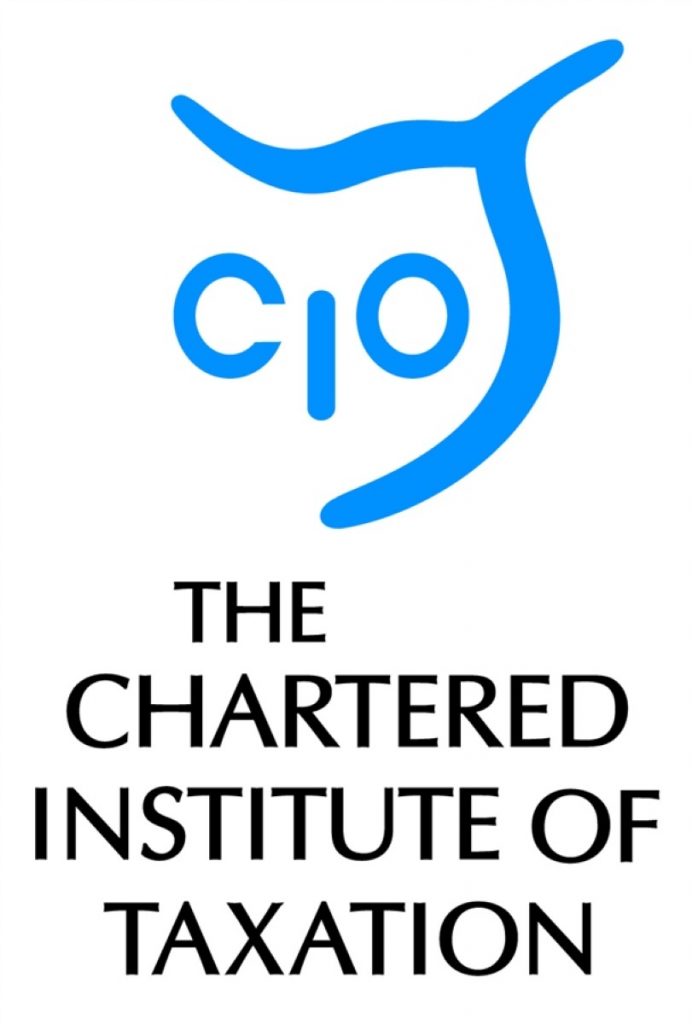CIOT: Campaigners give a qualified welcome to tax changes affecting vulnerable trust beneficiaries
Campaigners for disabled people within the tax system have welcomed Tuesday’s announcement extending qualification for favourable tax treatment to trust beneficiaries receiving personal independence payment (PIP) daily living component at either the standard or enhanced rate. But they were very disappointed with the Government missing an opportunity to align and simplify the disparate provisions within the different tax regimes.
Among the draft Finance Bill 2013 clauses published on Tuesday this week were new provisions on the trusts that can claim tax privileged status under the vulnerable trusts or disabled trusts regimes for inheritance tax, income tax and capital gains tax. At the same time, HMRC published a response to the consultation that had preceded the issue of the draft clauses.
The change has become necessary because at present, one of the criteria for defining a vulnerable or disabled beneficiary is receipt of the care component of disability living allowance (DLA) at the highest or middle rate, but DLA is to be abolished from April 2013 and replaced by PIP.
In welcoming the constructive nature of that consultation, Anthony Thomas, chairman of LITRG, said:
“At first, HMRC proposed that when DLA is abolished, trust beneficiaries should be able to qualify for tax privileged treatment by being in receipt of the daily living component of PIP at the enhanced rate. This would have severely restricted the numbers of vulnerable people able to benefit from these trusts, and would have been a retrograde step.
“We are therefore pleased that the Government has listened to the views expressed by LITRG and others, and now intends to legislate so that anyone receiving the daily living component of PIP at either the enhanced or the standard rate should qualify. We are also pleased to see receipt of the Armed Forces Independence Payment brought into the qualifying criteria.
“There remain concerns about the minority of people who fall outside the definition, but for whom bare trusts are not a realistic alternative. LITRG proposed various solutions in its response, but the Government has elected not to pursue them, presumably on the grounds that they would have been difficult to implement. We are sorry not to have seen a more determined attempt to align the rules to the needs of the vulnerable beneficiaries.”
Despite welcoming the main change, LITRG are nevertheless very disappointed that a golden opportunity to make more extensive alignments and simplifications to the vulnerable/disabled trust regimes has been missed.
Anthony Thomas said:
“The rules governing these trust remain as complex as ever, and discrepancies between the different rules for different taxes are not to be cleared up as we had hoped. That cannot be good for the vulnerable beneficiaries of these trusts, and will serve as a powerful disincentive to set up such arrangements. One can only hope that the Office of Tax Simplification may one day get to grips with these complexities and anomalies.”
The proposals also address the question of how much of a trust’s income or capital should be spent on persons other than the disabled or vulnerable beneficiary.
Anthony Thomas continued:
“It is entirely reasonable that in order to qualify for privileged status, there should be a limit on the extent to which trust capital and income can be used for the benefit of anyone other than the disabled or vulnerable beneficiary. However, the limit proposed – the lower of £3,000 or 3% of the value of the trust fund in any year – is too inflexible if, for example, the trustees should want to provide necessary accommodation or a break for a carer. We note that the limit will be set by secondary legislation which we trust HMRC will keep under close review and be prepared to change if the evidence does indeed show that it should be increased.”
Notes for editors
1. The draft Finance Bill clauses are published on HMRC’s website at http://www.hmrc.gov.uk/budget-updates/11dec12/complete-draft-legislation.pdf.
2. LITRG’s response to the consultation that ran from August to November 2012 is accessible at http://www.litrg.org.uk/submissions/2012/hmrcs-vulnerable-trusts-consultation-an-opportunity-for-useful-and-radical-reform.
3. The Government’s summary of consultation response can be accessed at http://www.hmrc.gov.uk/budget-updates/11dec12/4833.pdf.
The Low Incomes Tax Reform Group (LITRG) is an initiative of the Chartered Institute of Taxation (CIOT) to give a voice to the unrepresented. Since 1998 LITRG has been working to improve the policy and processes of the tax, tax credits and associated welfare systems for the benefit of those on low incomes.
The CIOT is a charity and the leading professional body in the United Kingdom concerned solely with taxation. The CIOT’s primary purpose is to promote education and study of the administration and practice of taxation. One of the key aims is to achieve a better, more efficient, tax system for all affected by it – taxpayers, advisers and the authorities. The CIOT’s 16,500 members have the practising title of ‘Chartered Tax Adviser’ and the designatory letters ‘CTA’.
Sophia Bell
Technical Team Administrator
D: +44 (0)20 7340 0553
Chartered Institute of Taxation
Registered charity number 1037771
www.tax.org.uk
The Association of Taxation Technicians
Registered charity number 803480
Registered company number 2418331
VAT Registration Number 497 5390 90
www.att.org.uk
1st Floor, Artillery House, 11-19 Artillery Row, London SW1P 1RT





-01.png)